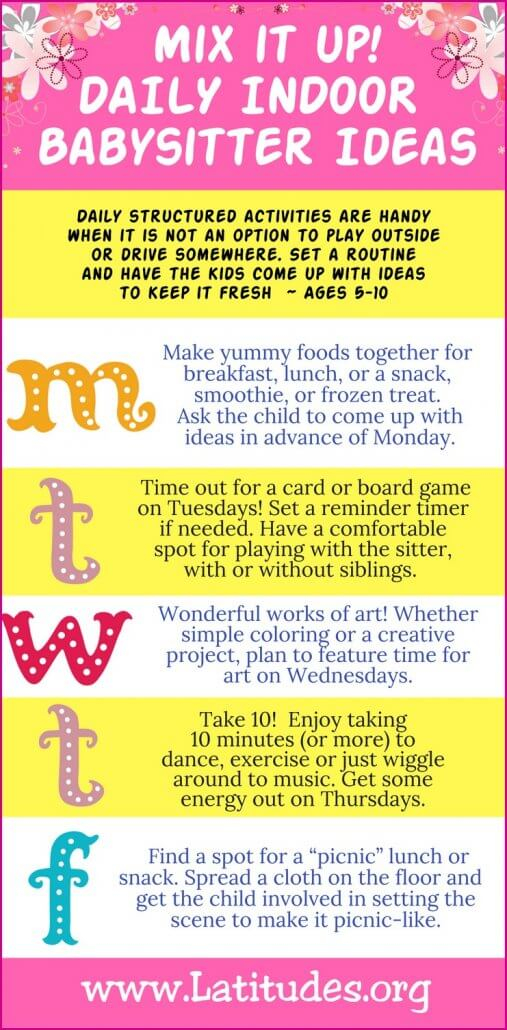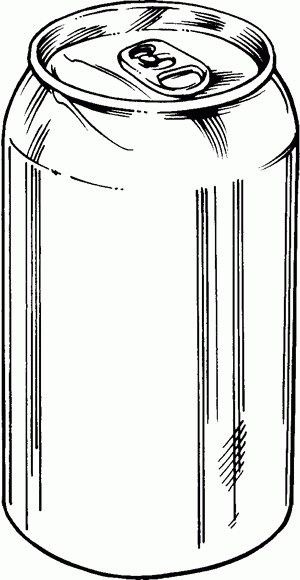Nasal Spray for Newborns: A Comprehensive Guide for Parents
Nasal congestion and breathing difficulties are common concerns among newborns, and nasal sprays can provide a safe and effective solution. In this comprehensive guide, we will explore the different types of nasal sprays available, their indications for use, and how to administer them safely. We will also discuss the efficacy and benefits of nasal sprays and provide guidance on alternative therapies and when to seek medical attention.
Newborns have small nasal passages that can easily become blocked due to mucus or congestion. Nasal sprays can help to thin and clear mucus, making it easier for babies to breathe. They can also help to reduce inflammation and swelling in the nasal passages, providing relief from congestion and discomfort.
Nasal Spray For Newborn

Nasal sprays are a common treatment for nasal congestion in newborns. They can help to clear the nasal passages and make it easier for the baby to breathe. Nasal sprays are available over-the-counter or by prescription. It’s important to talk to your doctor before using a nasal spray on a newborn.
Nasal sprays for newborns are typically saline-based, which means they contain salt water. Saline nasal sprays are safe for use in newborns and can help to thin mucus and clear the nasal passages. Some nasal sprays also contain other ingredients, such as decongestants or antihistamines. These ingredients can help to reduce swelling and congestion in the nasal passages.
Types of Nasal Sprays for Newborns
- Saline nasal sprays: These sprays are made with salt water and are safe for use in newborns. They can help to thin mucus and clear the nasal passages.
- Decongestant nasal sprays: These sprays contain ingredients that can help to reduce swelling and congestion in the nasal passages. They are not recommended for use in newborns.
- Antihistamine nasal sprays: These sprays contain ingredients that can help to block the effects of histamines, which are chemicals that can cause congestion and swelling in the nasal passages. They are not recommended for use in newborns.
How to Use a Nasal Spray on a Newborn
- Wash your hands thoroughly before using the nasal spray.
- Tilt the baby’s head back slightly and gently insert the tip of the nasal spray into one nostril.
- Squeeze the bottle to release the spray into the nostril.
- Repeat steps 2 and 3 for the other nostril.
- Wipe the baby’s nose gently with a soft cloth.
When to Use a Nasal Spray on a Newborn
- If your baby has a stuffy nose that is making it difficult to breathe.
- If your baby has a runny nose that is causing them to cough or sneeze.
- If your baby has a fever and is also congested.
When to Avoid Using a Nasal Spray on a Newborn
- If your baby is less than 6 weeks old.
- If your baby has a history of nasal polyps or other nasal problems.
- If your baby is taking any other medications, including decongestants or antihistamines.
Helpful Answers
Can I use any nasal spray for my newborn?
No, not all nasal sprays are suitable for newborns. Some nasal sprays contain ingredients that can be harmful to infants, such as decongestants or steroids. It is important to consult a healthcare professional before using any nasal spray in newborns.
How often can I use nasal spray for my newborn?
The frequency of nasal spray use will depend on the specific product and the underlying condition being treated. It is important to follow the instructions provided by the healthcare professional or the manufacturer’s guidelines.
What are the potential side effects of nasal spray use in newborns?
Potential side effects of nasal spray use in newborns include irritation, dryness, or burning of the nasal passages. Some nasal sprays may also cause sneezing or a runny nose. If any side effects occur, it is important to stop using the nasal spray and consult a healthcare professional.





